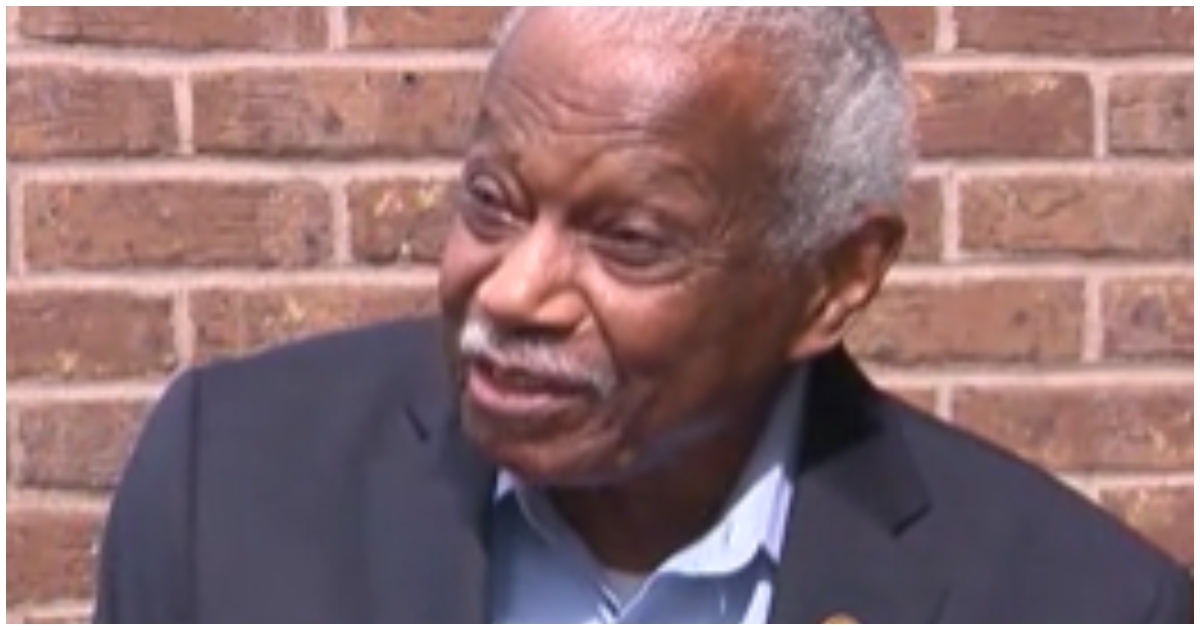Thirman L. Milner, who made history in 1981 as Hartford’s first popularly elected Black mayor, has passed away at the age of 91. His death was confirmed by Virginia Monteiro, Milner’s stepdaughter and the first vice president of the Connecticut NAACP. While no additional details were shared, Milner’s legacy as a trailblazer in politics and civil rights will live on.
The Rise of Thirman Milner: Hartford’s First Black Mayor
Thirman Milner’s election to the mayor’s office in 1981 was a landmark moment in Hartford’s history. Milner’s victory made him the first Black mayor of a New England city, a significant achievement in a time when the political power structure in Hartford was predominantly white. Milner’s victory was not without its challenges. He famously sued to force a rerun of a Democratic primary after a controversial defeat. His legal battle, which cited issues with absentee ballots and voting irregularities, garnered wide attention. Once the rerun took place, Milner won with ease, capturing the hearts of many in the city.
Despite facing a city charter that limited his power as mayor, Milner’s victory represented much more than just a political win—it symbolized progress and a shift toward inclusivity in the city. Hartford, with its growing Black population, had already seen significant steps forward with the hiring of the first Black fire chief and city manager. Milner’s role, although largely ceremonial, marked a powerful statement in the face of racial and political challenges.
A Life of Activism and Civil Rights
Before entering politics, Milner was an active participant in the civil rights movement. Born and raised in Hartford, Milner became deeply involved in activism, marching alongside Dr. Martin Luther King Jr. and other prominent figures in the fight for racial equality. In the 1960s, Milner was part of a group of volunteers who traveled to the South to support the civil rights movement, particularly during protests aimed at securing the release of Dr. King from jail.
Milner’s civil rights journey also led him to interactions with influential figures like Malcolm X and Jesse Jackson. His activism was rooted in his firsthand experiences with segregation and racism, having served in the Air Force in the 1950s. Milner’s passion for social justice and civil rights continued throughout his career and played a significant role in his political rise.
Challenges in the Mayor’s Office and Beyond
Though Milner’s position as mayor was limited by Hartford’s city charter, he used his platform to advocate for those who were most in need. He worked hard to address poverty and job training for Hartford’s underserved communities. Despite his efforts, the mayor’s office in Hartford at the time did not grant Milner the authority he needed to enact major policy changes. He served three terms in office but ultimately chose not to seek a fourth term due to frustrations with his limited influence.
Milner’s time in office was also marked by his composed and dignified style. Always seen in a suit, Milner was known for his quiet but determined approach to leadership. His reputation was built not on grand speeches or fiery rhetoric but on consistent service to the people of Hartford.
Legacy and Tributes to a Trailblazer
Milner’s death has left many reflecting on the profound impact he had on Hartford and the wider Connecticut community. Governor Ned Lamont paid tribute to Milner’s legacy, calling him a “civil rights icon” whose work and activism laid the foundation for future leaders. Hartford’s current mayor, Arunan Arulampalam, also honored Milner, noting that his commitment to public service transformed the city and paved the way for others to follow in his footsteps.
Even after leaving office, Milner remained involved in Connecticut’s political landscape. He served briefly in the state Senate and remained an advocate for the Black community. His legacy was also cemented in 1989 when Hartford’s Vine Street School was renamed Thirman Milner Elementary School in his honor.
A Final Chapter: Milner’s Legacy Lives On
Though Milner’s health declined in his later years due to a battle with prostate cancer, his legacy lived on through his continued advocacy and his enduring influence on Connecticut’s political and social landscape.
His involvement in the 2003 mayoral race and his work in the state Senate were testament to his belief in the importance of Black political representation. Milner’s life story is one of resilience, dedication, and commitment to civil rights, leaving behind a legacy that will inspire generations to come.





